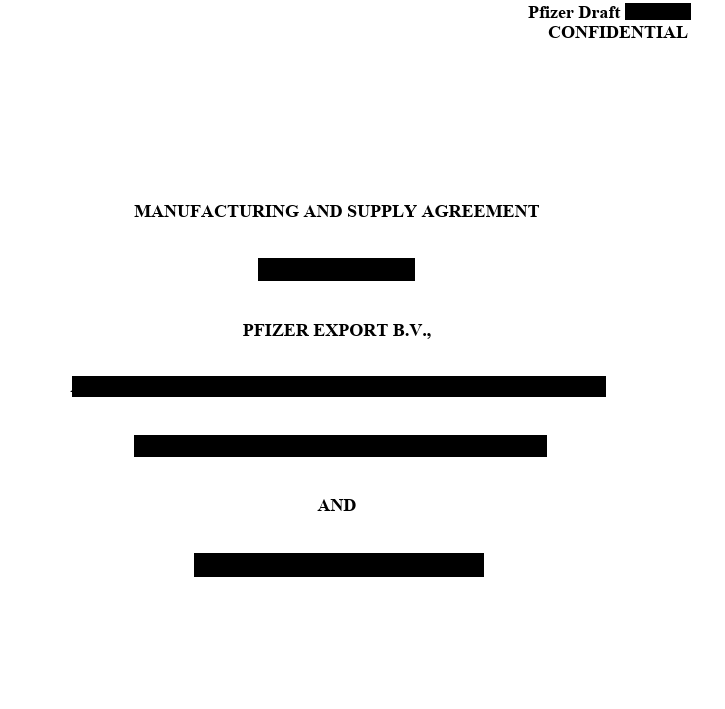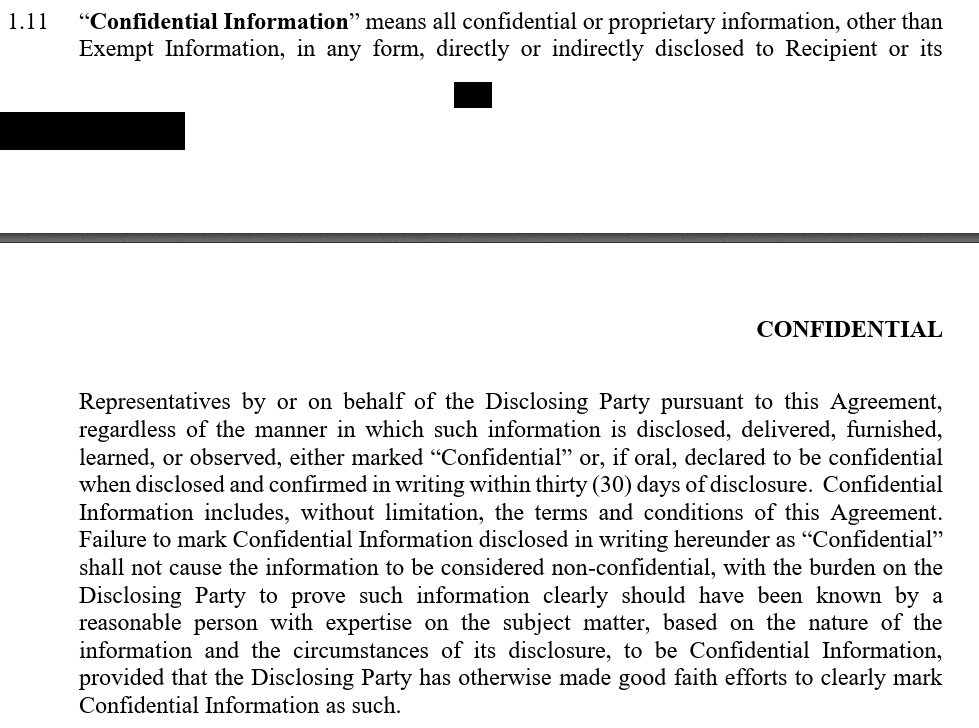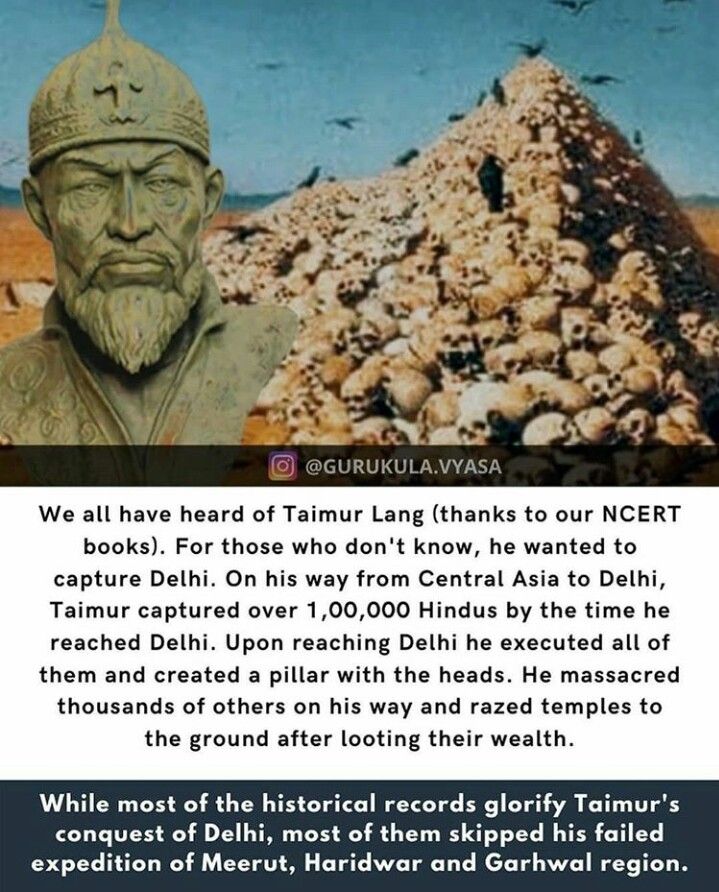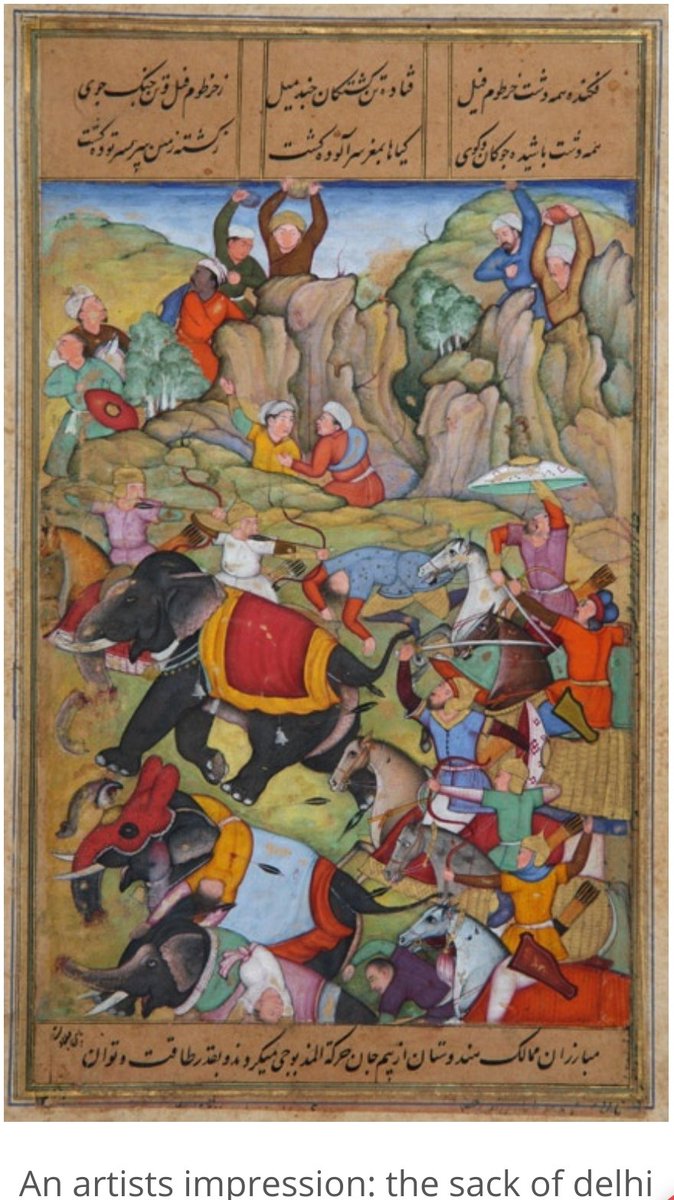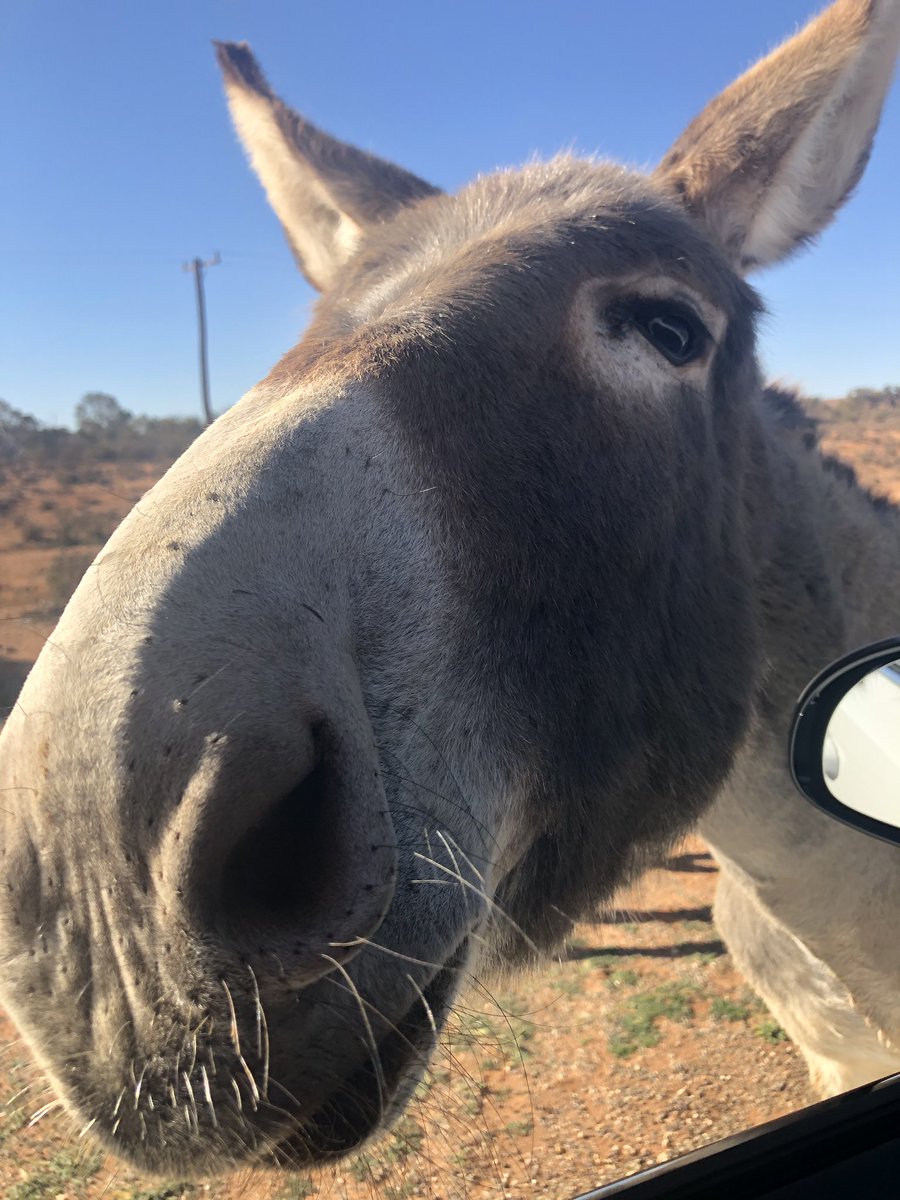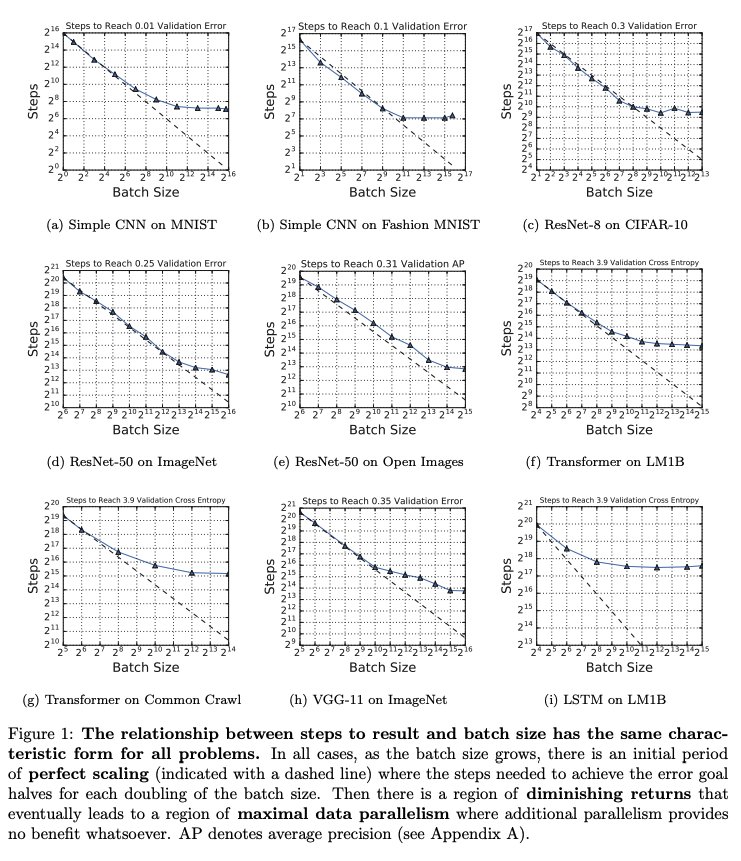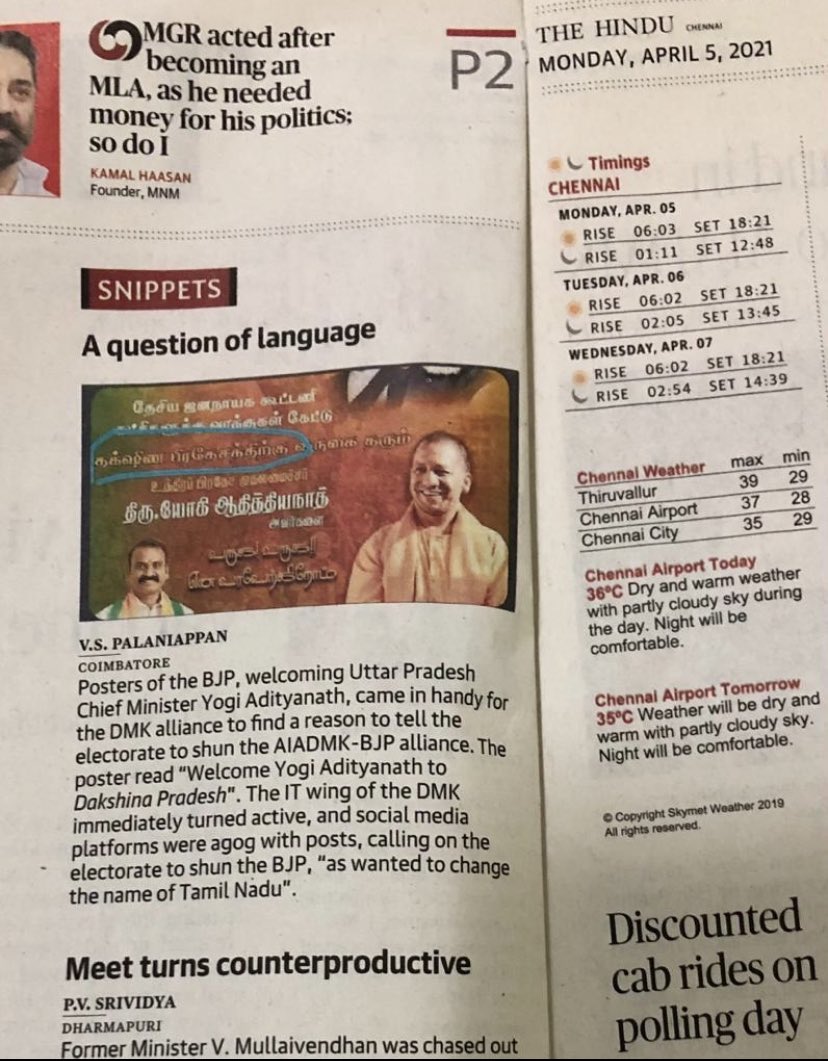
The @the_hindu has reputation? No. That's not true. Oh Wait I am not saying this, Denmark ambassador to india says this.
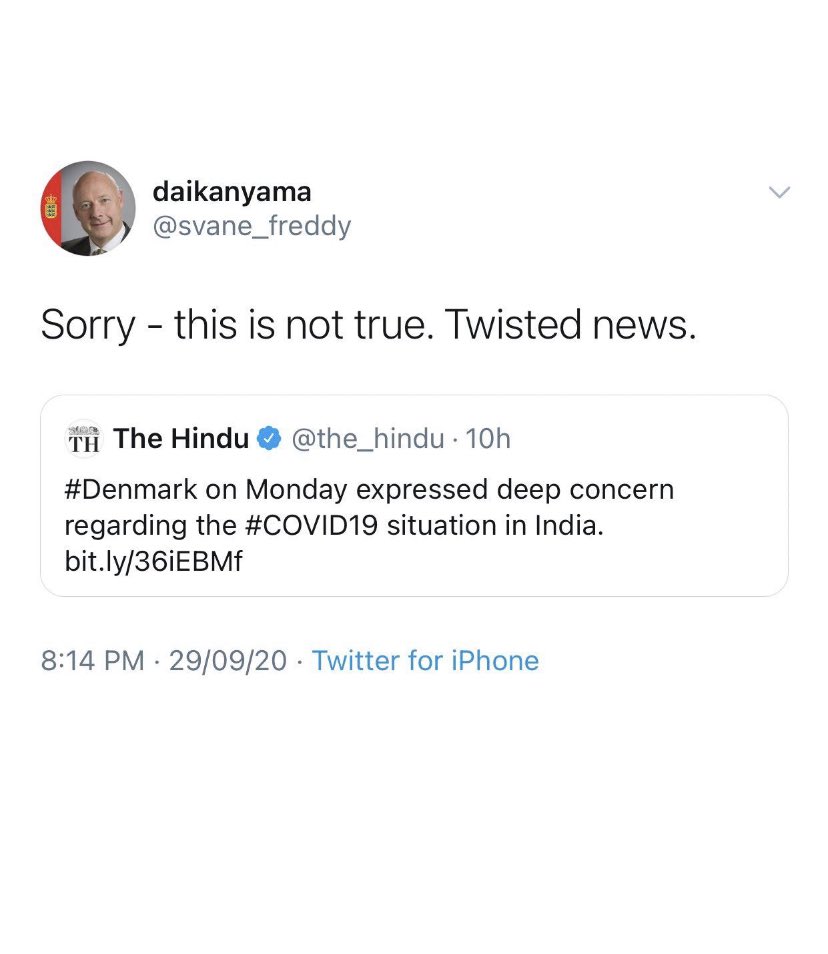

Reputation? 😂😂
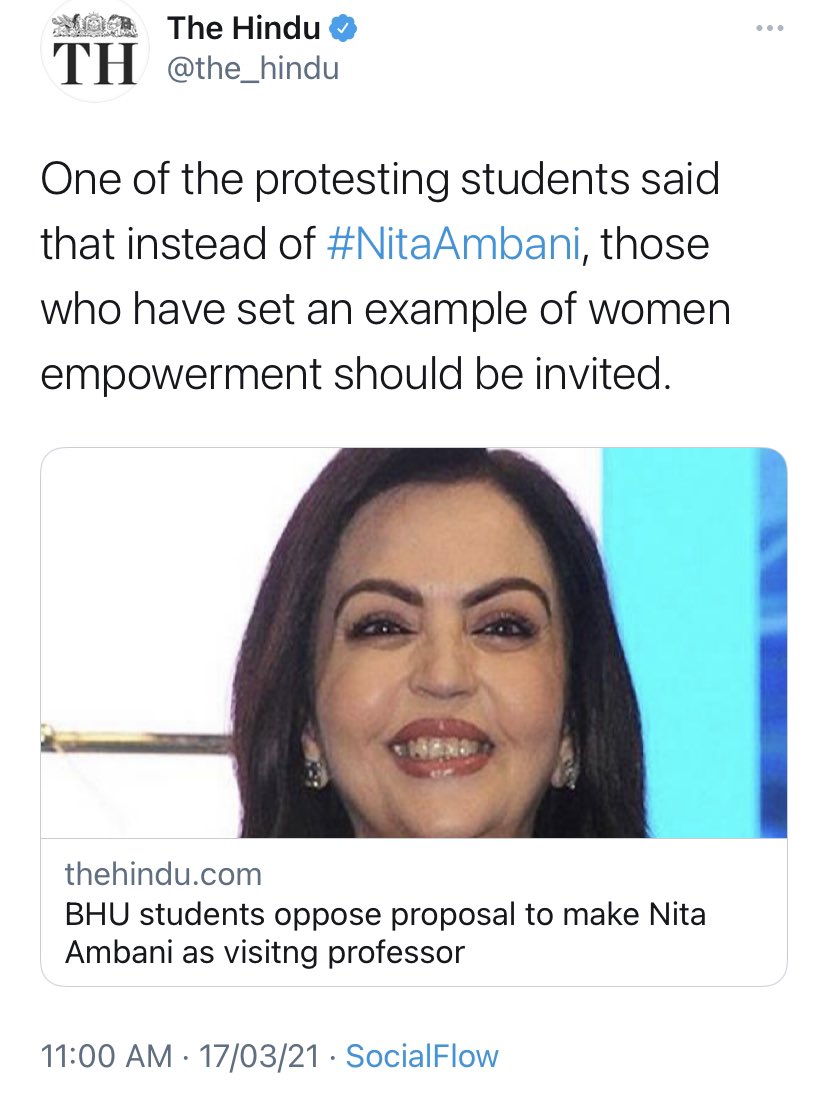

Reputation? 🤔

Oh he was shown FACTS, like you are being now 😎😂


More from Thread
https://t.co/pc1jr1xBlI
Am sharing my journey on how I started trading 15 years before when there was very limited resource. If you are a beginner who is looking to get started with Stock Market, this thread would be helpful.\U0001f9f5
— Kirubakaran Rajendran (@kirubaakaran) April 26, 2022
https://t.co/KZJ1FKCXSp
Many of my friends who work at Corporate culture are fed up with their work life, one question they keep asking me is how much money do I need to retire and live comfortably? Here\u2019s a short thread \U0001f9f5 pic.twitter.com/gNEOFOChlh
— Kirubakaran Rajendran (@kirubaakaran) May 24, 2022
https://t.co/pTnbkjVpr0
Year 2022 has been disastrous for many asset classes, the world economy is at 40 year high inflation. Are we headed for another stock market crash? Here's a detailed analysis. \U0001f9f5 pic.twitter.com/ZYch9yBHEq
— Kirubakaran Rajendran (@kirubaakaran) May 19, 2022
https://t.co/3QXmND1x6Y
I have closely observed FinNifty for couple of weeks and then started trading live since last 4 expiry. If you are looking to start trading with FinNifty weekly option then this thread might be of great help to you. \U0001f9f5
— Kirubakaran Rajendran (@kirubaakaran) July 12, 2022
You May Also Like
Pangolins, September 2019 and PLA are the key to this mystery
Stay Tuned!
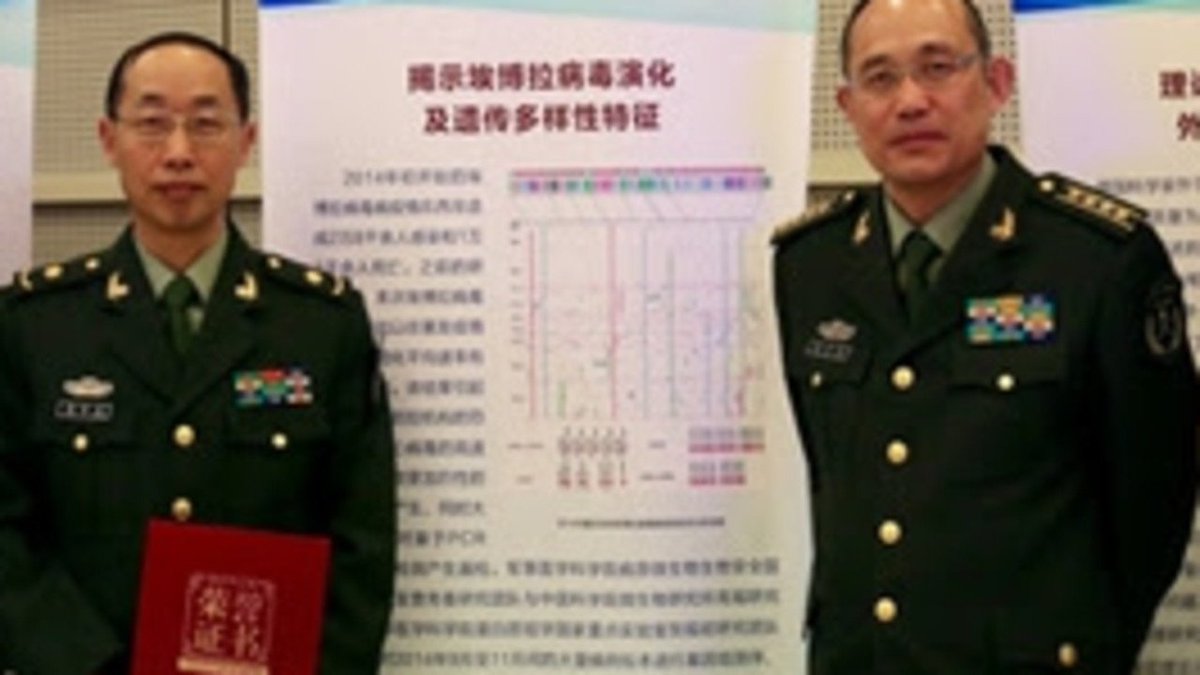
1. Yang
Meet Yang Ruifu, CCP's biological weapons expert https://t.co/JjB9TLEO95 via @Gnews202064
— Billy Bostickson \U0001f3f4\U0001f441&\U0001f441 \U0001f193 (@BillyBostickson) October 11, 2020
Interesting expose of China's top bioweapons expert who oversaw fake pangolin research
Paper 1: https://t.co/TrXESKLYmJ
Paper 2:https://t.co/9LSJTNCn3l
Pangolinhttps://t.co/2FUAzWyOcv pic.twitter.com/I2QMXgnkBJ
2. A jacobin capuchin dangling a flagellin pangolin on a javelin while playing a mandolin and strangling a mannequin on a paladin's palanquin, said Saladin
More to come tomorrow!

3. Yigang Tong
https://t.co/CYtqYorhzH
Archived: https://t.co/ncz5ruwE2W

4. YT Interview
Some bats & pangolins carry viruses related with SARS-CoV-2, found in SE Asia and in Yunnan, & the pangolins carrying SARS-CoV-2 related viruses were smuggled from SE Asia, so there is a possibility that SARS-CoV-2 were coming from





